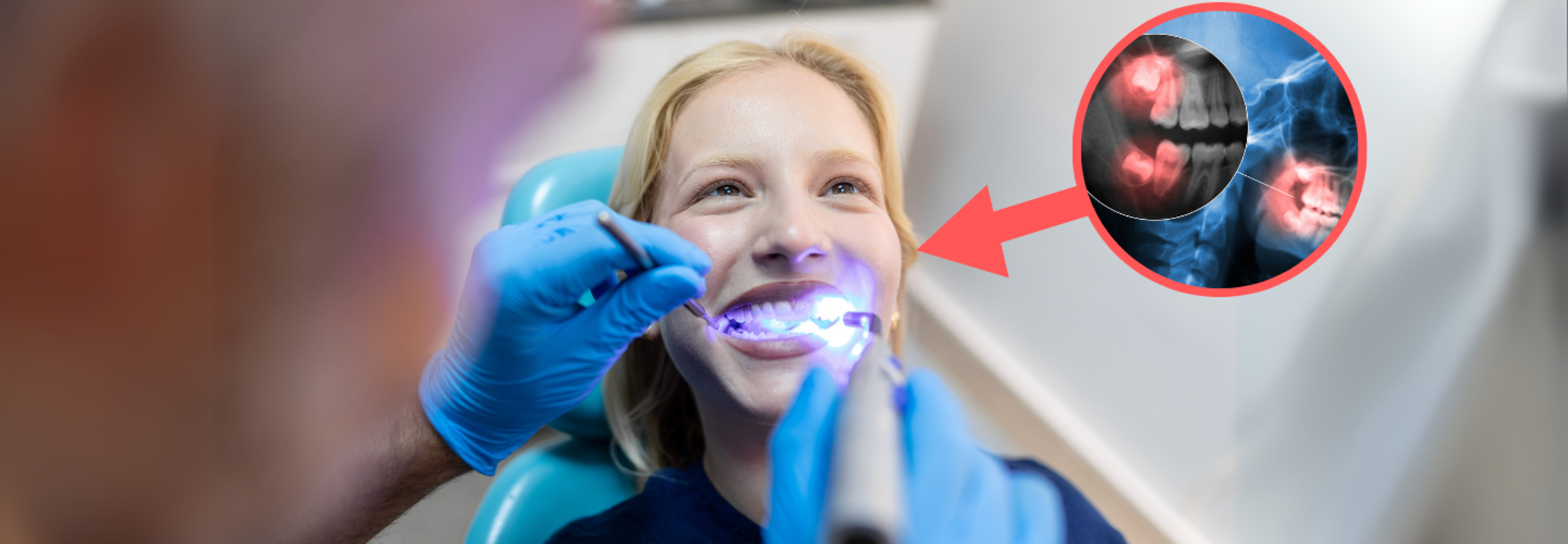Should You Get Your Wisdom Tooth Removed? Factors To Consider Before The Procedure

(Credit-Canva)
SummaryGetting your wisdom teeth removed has become a very common procedure. Many people believe that you should get the teeth removed even when there is no sign of trouble. Here are some things you should know before you get the procedure done.
End of Article
